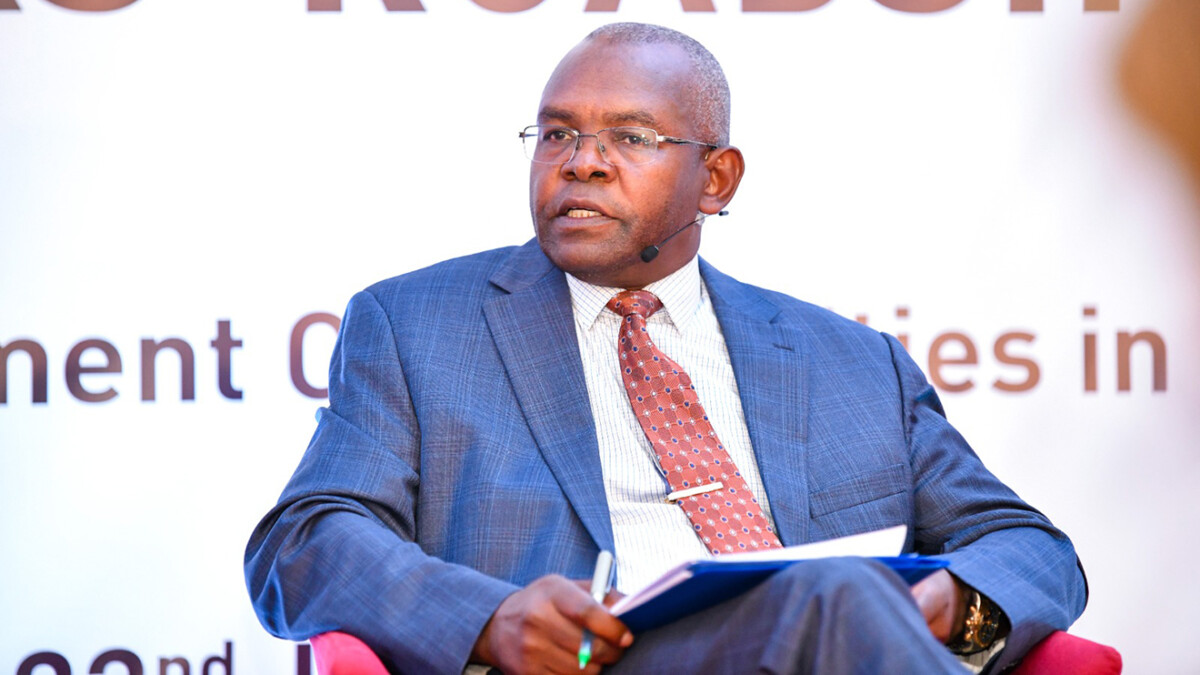CBK initiates crackdown on banks over high lending rates

The Central Bank of Kenya (CBK) has launched a crackdown on commercial banks that have failed to lower their lending rates despite a recent reduction in the Central Bank Rate (CBR).
CBK Governor Kamau Thugge warned that banks profiting unfairly by keeping rates high would face severe penalties.
Thugge, who appeared before the National Assembly Finance Committee, revealed that the CBK had started onsite inspections to determine whether banks were adjusting their rates in line with the reduced CBR, which now stands at 10.75 percent.
“We are conducting onsite inspections to determine if the cost of funds for banks has gone down. If it has, then we expect lending rates to follow suit,” Thugge said.
He warned that non-compliant banks would face penalties under the Business Laws (Amendment) Act.
“If banks are found to be profiting unfairly by not adjusting rates downward, they will face penalties equal to three times their unjust gains,” he added.
Thugge pointed to increased government domestic borrowing as a key reason for high lending rates, arguing that it was making it harder for businesses to access credit.
“When we started this financial year, before the Finance Bill was withdrawn, the projected net domestic borrowing was slightly below Sh400 billion," he explained
"That figure later increased to KSh 430 billion, and with the second supplementary budget, it has now risen to Sh 584 billion.”
According to Thugge, banks are choosing to lend to the government rather than businesses because the government is a risk-free borrower.
“If banks have a choice between lending to the government, which does not default, and lending to the private sector, which has elevated non-performing loans, it’s an easy decision for them,” he said.
He also noted that the introduction of the Central Securities Depository (CSD) had made it easier for Kenyans to invest in Treasury bills and bonds.
This, he said, had reduced banks’ access to cheap deposits, further influencing lending rates.
MPs demand action on lending rates
Members of Parliament urged the CBK to take stronger measures to ensure that reductions in the CBR directly translate into lower lending rates for businesses and individuals.
Finance Committee Chair Kimani Kuria questioned the CBK’s commitment to protecting private businesses, saying, “Where do we leave the private sector when the government is competing for loans with businesses? We wish you had said you will protect the private sector despite these issues.”
Homa Bay Town MP Peter Kaluma suggested that Parliament should introduce legislation to mandate banks to reduce lending rates whenever the CBK eases monetary policy.
“What kind of legislative intervention should Parliament put in place to mandate that whenever we have these reductions, they are reflected in commercial rates?” Kaluma asked.
Rachuonyo MP Okuome Adipo warned that high interest rates were locking out small and medium enterprises (SMEs) from accessing affordable credit.
“Those who are poor will be disadvantaged due to higher lending interest, which will increase borrowing costs,” Adipo said.
Butula MP Joseph Oyula raised concerns about the government’s rising domestic borrowing, arguing that it was putting pressure on interest rates for businesses and individuals.
“The government’s appetite to borrow domestically will affect lending rates. Treasury and CBK should sit down and look for ways to reduce the repayment interest on Treasury bills and lower borrowing appetite. It’s healthier to borrow externally than domestically,” Oyula said.
While MPs pushed for solutions, Thugge cautioned against the reintroduction of interest rate caps, arguing that such a move would lead to credit rationing, particularly for SMEs and high-risk borrowers.
“If we don’t control fiscal consolidation, we will not be able to control interest rates. If we try to cap credit, we will end up rationing it, locking out the disadvantaged,” he said.
He also announced that the CBK was finalizing a new risk-based pricing model for loans, set to be introduced within two weeks.
The framework, he said, would align with international best practices while adapting to Kenya’s economic conditions to ensure fair lending practices.
